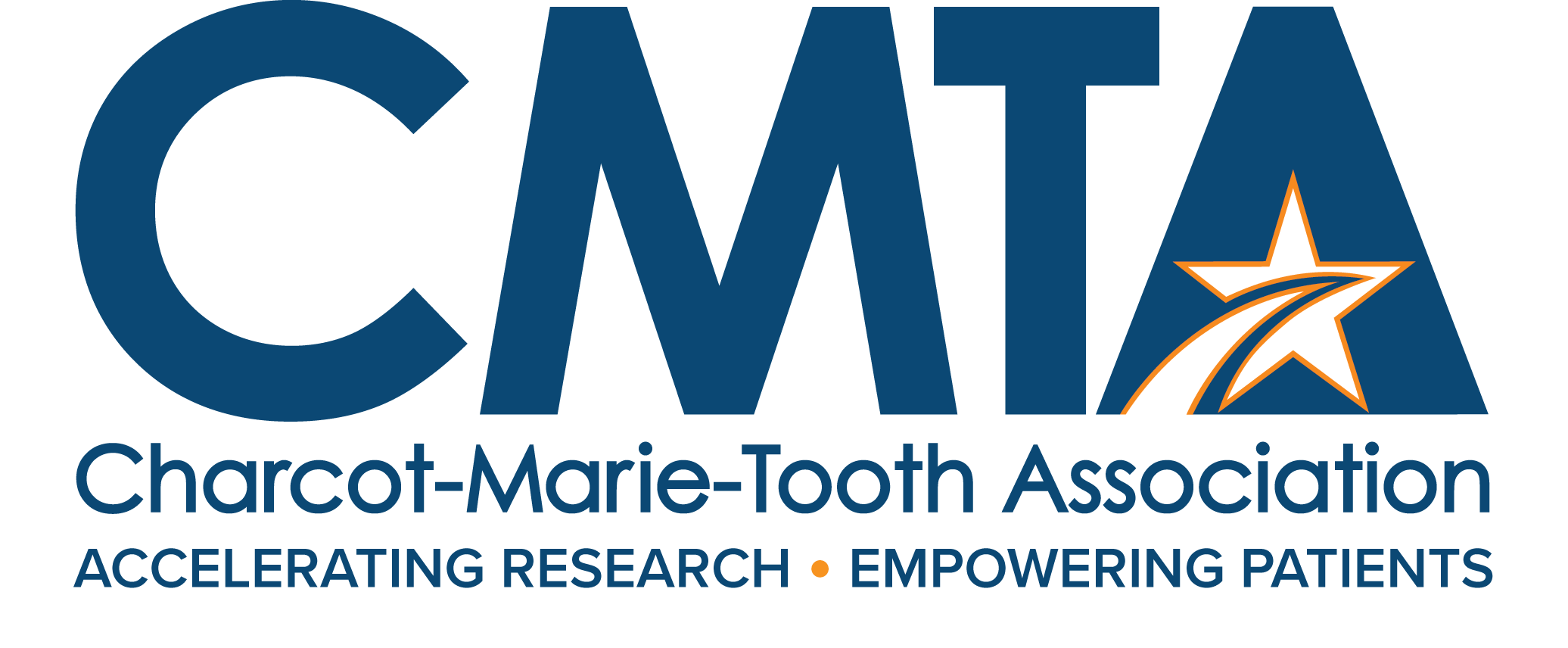NEW YORK, Feb. 16, 2023 (GLOBE NEWSWIRE) — Applied Therapeutics, Inc. (Nasdaq: APLT), a clinical-stage biopharmaceutical company developing a pipeline of novel drug candidates against validated molecular targets in indications of high unmet medical need, today announced positive sorbitol reduction data from the ongoing global Phase 3 INSPIRE trial. The INSPIRE trial is a Phase 3 double-blind placebo-controlled registrational study evaluating the effect of once-daily oral AT-007 in approximately 50 patients age 16-55 with SORD Deficiency in the US and Europe. SORD Deficiency (also called SORD Neuropathy or CMT-SORD) is a debilitating hereditary axonal neuropathy caused by mutations in the Sorbitol Dehydrogenase gene, leading to an inability to metabolize the sugar sorbitol, and resulting in accumulation of high levels of toxic sorbitol, which causes motor neuron degeneration and loss of mobility and motility. AT-007 (govorestat) is a central nervous system penetrant Aldose Reductase Inhibitor, which blocks conversion of glucose to sorbitol, and has previously been shown to reduce sorbitol levels in an open-label pilot study in patients with SORD Deficiency.
In a pre-specified interim analysis of the ongoing Phase 3 INSPIRE trial, AT-007 reduced sorbitol levels by a mean of approximately 52% (or approximately 16,000ng/ml) over 90 days of treatment (p<0.001 vs. placebo) in patients with SORD Deficiency.
At baseline, the mean blood sorbitol level of SORD patients was approximately 29,000ng/ml, with a range of approximately 22,000ng/ml-38,000ng/ml.
The INSPIRE study will continue in blinded format to the 12-month interim clinical outcomes assessment. If the primary clinical outcome measure (10-meter-walk/run) reaches statistical significance at 12 months, the study will be completed and unblinded. If not, the study will continue in blinded format to 24 months, where clinical outcomes will be assessed again in a final statistical analysis. AT-007 continues to be safe and well tolerated to date.
The results of the interim sorbitol analysis are quite compelling, and we believe the reduction in sorbitol level with AT-007 is clinically meaningful,” said Riccardo Perfetti, MD, PhD, Chief Medical Officer of Applied Therapeutics.
“The role of sorbitol in disease pathogenesis in SORD Deficiency is clear,” said Michael Shy, MD, Director of the Division of Neuromuscular Medicine at Carver College of Medicine, University of Iowa Medical Center, and Principal Investigator on the INSPIRE Phase 3 trial. “The reduction in sorbitol level seen thus far with AT-007 is impressive, and is predicted to translate into clinical benefit.”
“This is exciting data for patients with SORD Deficiency,” said Amy Gray, CEO of the Charcot-Marie-Tooth Association. “We will continue to work closely with Applied Therapeutics and the patient community to ensure that patients have a safe and effective treatment option available for this devastating disease.”
“SORD Deficiency is a degenerative disease, and there are currently no approved treatment options,” said Allison Moore, Founder and CEO of the Hereditary Neuropathy Foundation. “We are committed to working with Applied Therapeutics, the FDA and the patient community to ensure that all stakeholders understand the urgency surrounding SORD Deficiency and other hereditary neuropathies, and the importance of making treatments available as quickly as possible.”
About Applied Therapeutics
Applied Therapeutics is a clinical-stage biopharmaceutical company developing a pipeline of novel drug candidates against validated molecular targets in indications of high unmet medical need. The Company’s lead drug candidate, AT-007, is a novel central nervous system penetrant Aldose Reductase Inhibitor (ARI) for the treatment of CNS rare metabolic diseases, including Galactosemia, SORD Deficiency, and PMM2-CDG. The company is also developing AT-001, a novel potent ARI, for the treatment of Diabetic Cardiomyopathy, or DbCM, a fatal fibrosis of the heart. The preclinical pipeline also includes AT-003, an ARI designed to cross through the back of the eye when dosed orally, for the treatment of Diabetic Retinopathy.To learn more, please visit www.appliedtherapeutics.com and follow the company on Twitter @Applied_Tx.
About CMTA
The CMTA is the largest philanthropic funder of CMT research worldwide. The CMTA’s Strategy to Accelerate Research (STAR) brings the best CMT researchers, clinicians, and experts in therapy development together with pharmaceutical and biotechnology companies and patients to expedite the development of treatments for CMT. Since 2008, the CMTA has invested more than $18.5 million in STAR, with plans to invest another $10 million in the next few years. The CMTA is also actively working to help improve the quality of life for all families living with CMT by offering educational programs and materials, hosting patient and professional conferences, providing support to families through its nationwide branch system through North America and more. More information can be found at www.cmtausa.org.
About CMT
CMT is a group of diseases caused by inherited genetic mutations that damage the peripheral nerves outside of the brain and spinal cord. Scientists have identified over 100 different gene mutations causing CMT. Most people (90 percent) have one of four types of CMT: CMT 1A (PMP 22); CMT 1B (MPZ); CMT 2A (MFN2) and CMT 1X (GJB1). It is estimated that CMT affects more than 3 million people worldwide, regardless of gender, race, or ethnicity. https://www.cmtausa.org/understanding-cmt/what-is-cmt/





